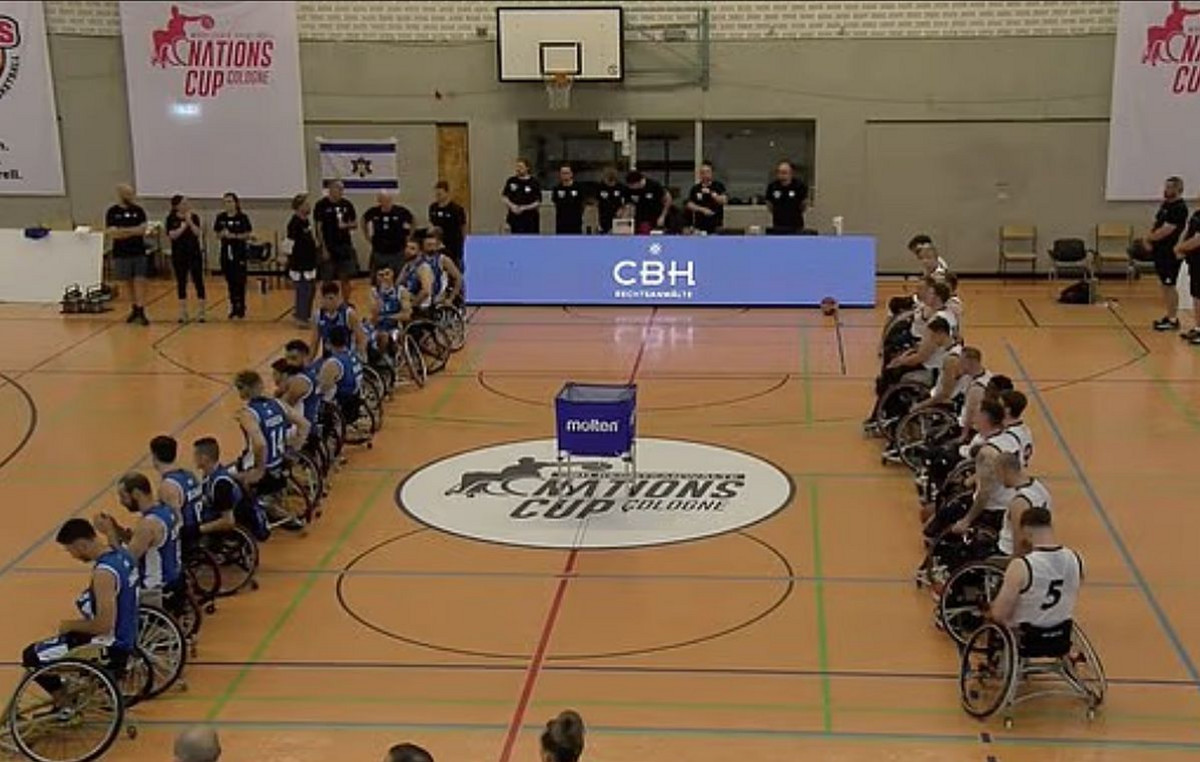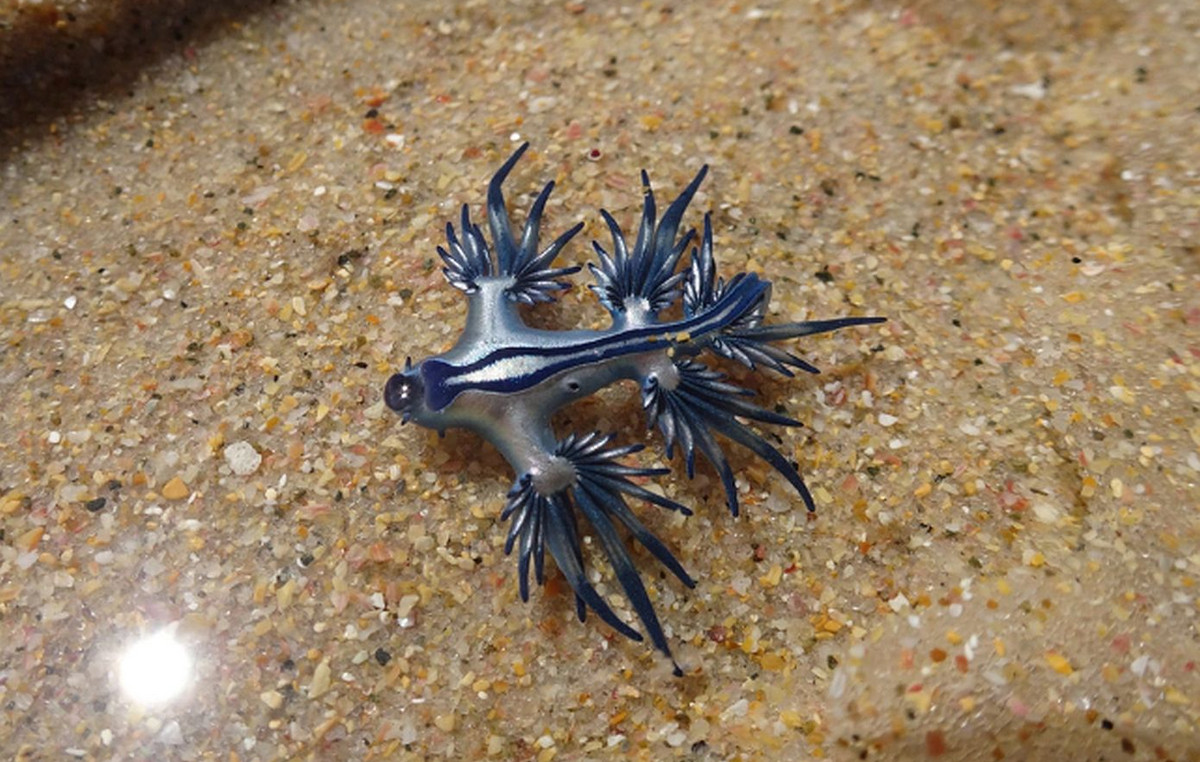The new privatized Eletrobras will be able to increase its investment capacity to R$ 15 billion a year, to make it the largest global company in renewable electricity in the near future, the company’s new CEO, Wilson Ferreira Jr., told Reuters.
He was chosen on Friday (5) to return to the command of the company which he presided over between 2016 and 2021 after the election of a new Board of Directors of the electric company, which will have Ivan Monteiro, former president of Petrobras, as chairman.
Last year, Ferreira left the then state-owned electric company to assume the presidency of the fuel distributor Vibra, but recently announced that he would leave the company, despite several initiatives that put the former BR in the direction of the electrification and renewables market.
Ferreira, who takes office on September 20, was one of the creators of the Eletrobras capitalization process, which was completed in June of this year after many discussions, in an operation that generated more than R$ 30 billion, transforming the company into a corporation with multiple investors.
“Now, with private governance, with the capacity to invest around R$ 15 billion a year… It’s very positive”, said Ferreira.
This mentioned annual investment capacity, triple that invested in 2021, is associated with the new investor profile, the company’s commitments and the company’s relatively low leverage level.
Since he served as CEO of Eletrobras, the reduction of debt and the “downsizing” of the company, both in terms of costs and employees, were among the main objectives of the executive.
“I think that Eletrobras will be able to increase investments very quickly, not least because the company is very unleveraged”, he said.
Eletrobras’ leverage dropped sharply with the restructuring process carried out by Ferreira from 2016 onwards, which included the sale of loss-making distributors, efficiency improvements and cost cutting.
The net debt to Ebitda ratio went from 3.6 times in December 2016 to 1.0 times in March this year.
On the investment side, Eletrobras had been investing below what was necessary to maintain its relevance in the Brazilian electricity sector, and also below its own budget.
In 2021, the company invested around BRL 4.7 billion, compared to BRL 8.2 billion budgeted, with frustrations mainly related to the Angra 3 nuclear plant, its main venture.
With debt “under control” and free of loss-making assets, Eletrobras will aim for expansion based on renewable energy, Ferreira Jr. said.
The company has a robust hydroelectric generation park, but a timid participation in wind and solar assets.
One of the targets of the company’s investment plan will be the return to energy auctions. When state-owned, Eletrobras lost its breath to invest and was left out of generation and transmission competitions promoted by the government.
“Eletrobras had not been participating in the sector’s auctions because it did not have the financial capacity to invest. Now, with privatization, it will be able to participate again”, he added, citing that the company’s participation will increase competition, opening space for eventual reductions in energy prices.
“We will be able to demonstrate the success of privatization – via capitalization in the capital market –, creating the largest Brazilian renewable energy company in the world”, he said, adding that the objective is also to have the best ESG practices (environmental, social and governance).
Currently, Eletrobras’ generating complex is mainly composed of hydroelectric plants, with 49 plants totaling 46.3 gigawatts (GW) of installed capacity.
On the other hand, wind and solar technologies, which have greater growth potential in the matrix, make up only 0.7 GW of Eletrobras’ current portfolio, while the thermal park (excluding nuclear, which was transferred to the new state-owned company) adds up to 1.5 GW.
The possibility of an international expansion of the company can also be evaluated, according to the executive, citing that the new board should dictate the course.
He said he is confident in the appreciation of the shares in the next 12 months, “the result of the evidence of its improvement in performance and transparency”.
The privatization process was completed a few months before the presidential elections that could change the course of the country, including Brazilian energy policy.
But Ferreira finds it “almost impossible to reverse” Eletrobras’ course, citing mechanisms that make a share buyback by the State very expensive.
He cited the so-called “poison pills” included in privatization rules to protect minority shareholders.
Source: CNN Brasil
I am Sophia william, author of World Stock Market. I have a degree in journalism from the University of Missouri and I have worked as a reporter for several news websites. I have a passion for writing and informing people about the latest news and events happening in the world. I strive to be accurate and unbiased in my reporting, and I hope to provide readers with valuable information that they can use to make informed decisions.







